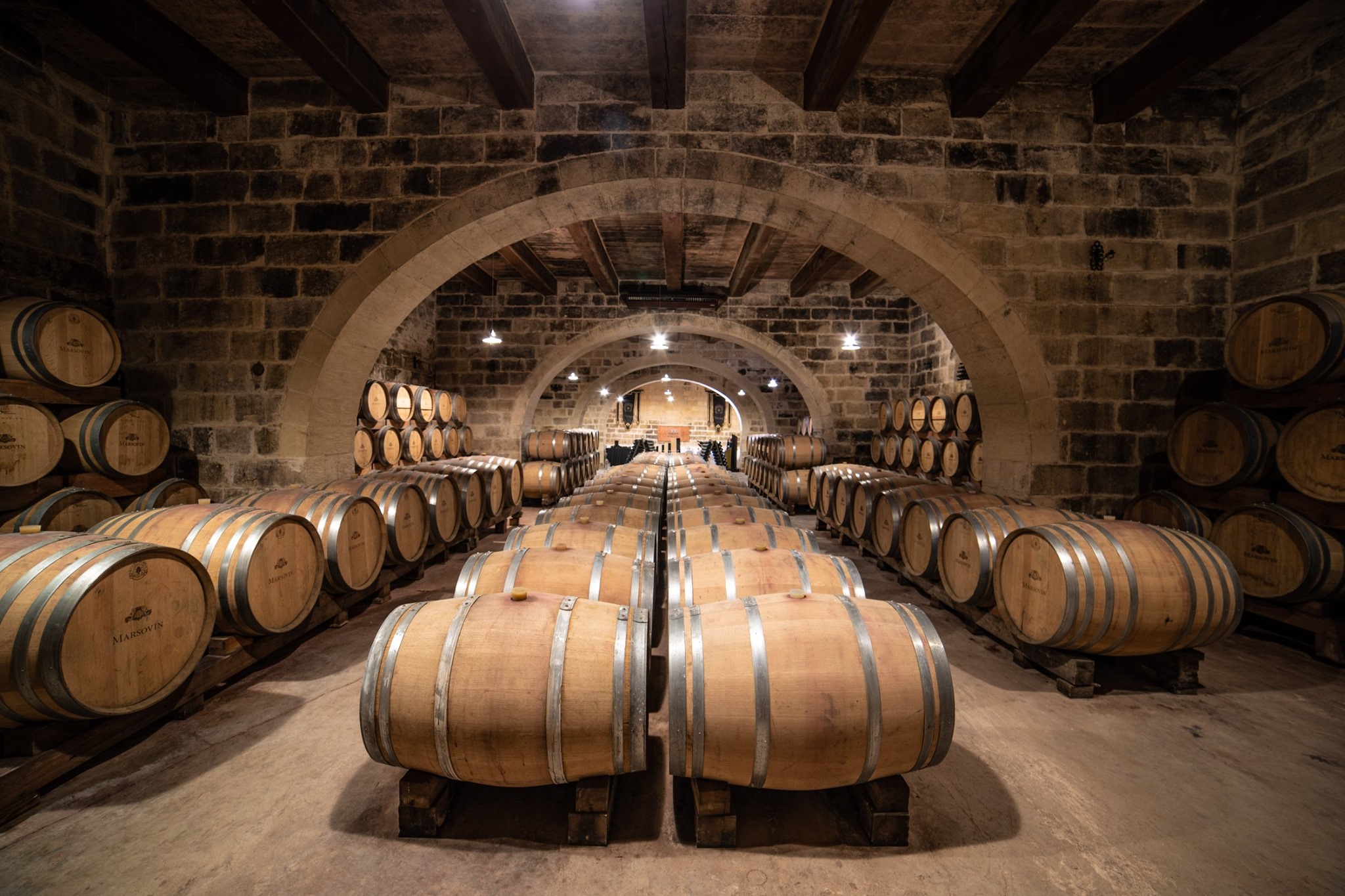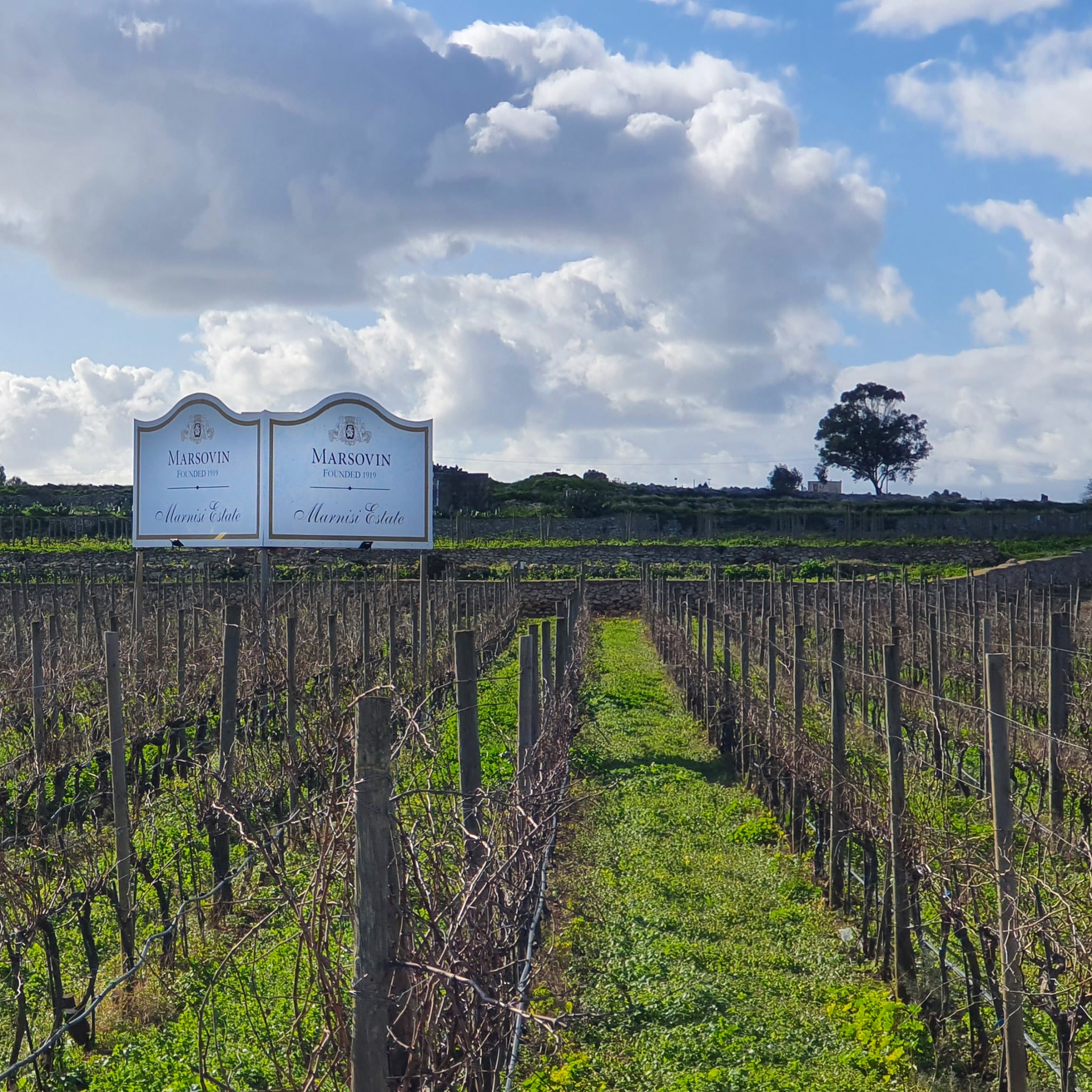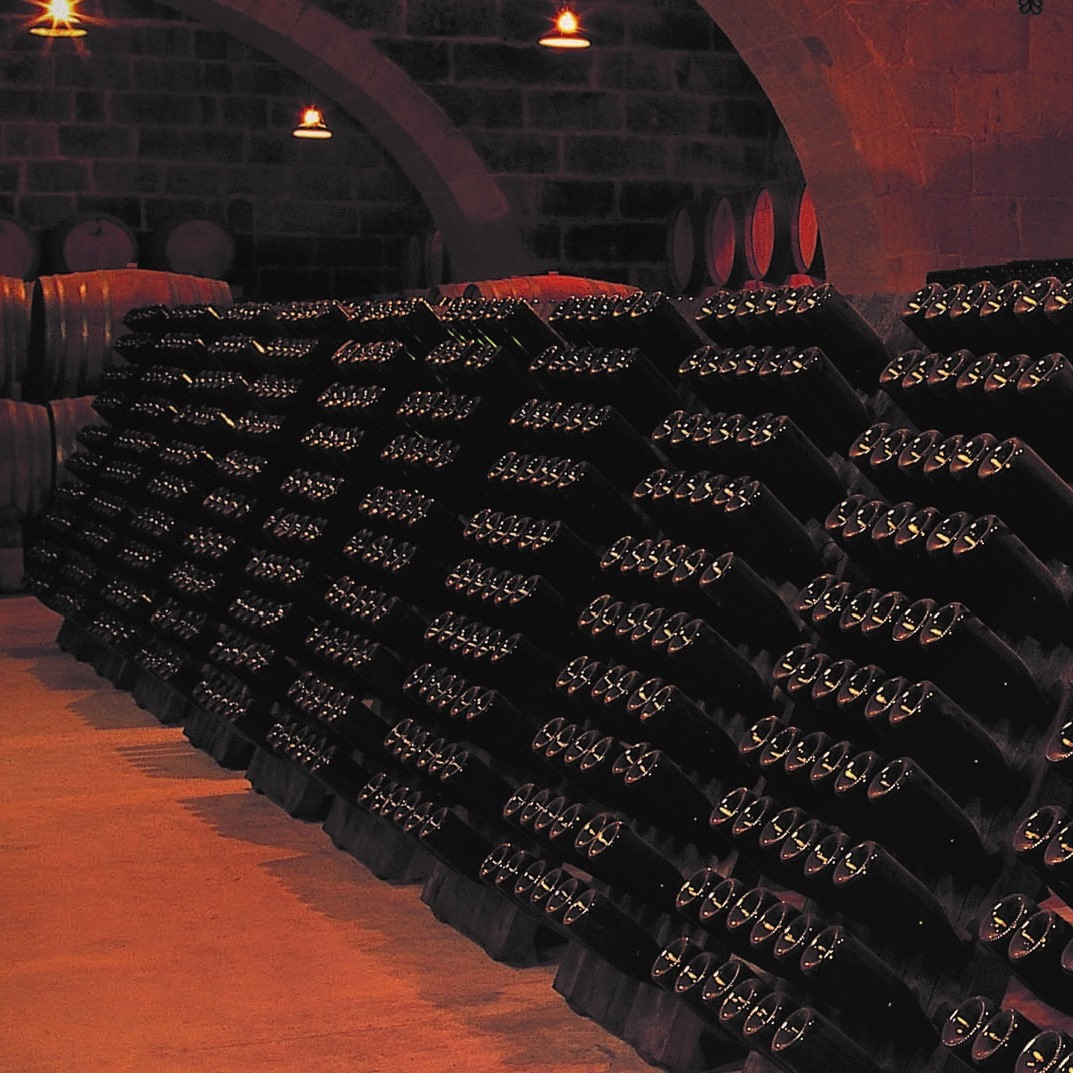You would be hard pressed to find anyone in Malta who has not tasted a wine by Marsovin, one of Malta’s longest established wineries. The company’s products join local families at our tables when we sit down for a meal even as they win international competitions abroad, while its plantations frame our countryside and its bottles support our artists.
Four generations in, Marsovin’s place in Malta’s commercial landscape is supported by its visual presence in the country’s rural and artistic landscapes, but this success is tempered with a drive to continue improving by investing in its people to learn from the best.
It is perhaps this recognition that Malta is centuries behind when it comes to the narrative pull it exerts on wine consumers that informs Marsovin CEO Jeremy Cassar’s collaborative approach to the promotion of Malta’s brand when WhosWho.mt sits down with him for an interview.
“It’s not about how good our brand looks and how we represent Malta, but about how great Malta can be perceived out there as a wine producer. It is not enough to have one really good producer on an island.”
Mr Cassar believes that each winery has a role to play to promote the region through the telling of stories that reflect the winemaker’s passion.
“They can’t simply be commercial gimmicks. If you’re going up the ladder in price, the quality needs to be there. The tradition needs to be carried forward - customers need to see and understand the story of the wine and the character and style of the producer.”
Mr Cassar was studying in France when he made friends with a wine producer from Saint-Émilion, in the wine-growing region of Bordeaux.
“I spent a lot of time there, growing to love the culture of wine and what it means to be a wine producer,” he says.
“If you respect the culture of wine you can really create something special, create a respectable winery, respect the values of winemaking and create a legacy as a wine producer.”
He does not attempt to compare Malta to Saint-Émilion, which has a “tremendous” legacy, but he is proud to say that his family, along with other producers, is trying to create another story.
“We are four generations in – the longest standing winery in Malta, as far as I know. Sure, there were challenges getting here, but COVID-19 apart, I like the moment we’re in,” he says.

Wine is aged in barrels in the Marsovin winery
He believes Marsovin and the Maltese wine sector in general is on the right path, with quality constantly improving.
“We’re achieving our goals, and from a business perspective we’re on the right track too.”
Speaking of business, his approach to the legacy of being a fourth generation family business is that of a steward.
“It’s not my business. I run it on behalf of the family members.”
He says that as the company went through the stages of succession, complexities and challenges grew, as did opportunities.
“You treat it like it’s your own, and if you have the support of the rest of the family it obviously helps a lot to build and take forward the business. If you have a sense of ownership over the business you tend to take it that much further.”
Asked about succession plans, Mr Cassar replies that while it is certainly important to plan for the long term, it is not necessarily a question of looking and finding the right person from within the family – “that just tends to happen or doesn’t happen. Sometimes you need to look outwards.”
Recounting his own experience, he says that he had an interest in going into the business because he used to admire his father.
“It interested me. I took an interest in the wine business at a young age and it was something I wanted to do.”
Turning to the COVID-19 pandemic, he says the steep drop in tourism and the closure of restaurants resulted in a “double-whammy” for local wine producers, although this was softened by a small but noticeable increase in loyalty to Maltese wines.
In these trying times, Mr Cassar is proud that Marsovin helped farmers by taking all the grapes they had, even at the risk of not using it due to depressed demand.
“The wine sector cannot exist without farmers, and vice versa. We’re all in it together,” he says.
One point Mr Cassar sought to highlight was the role wine producers have in safeguarding the environment.
“Look at the Duoro valley in Portugal, Tuscany, Alsace, Bordeaux – all that agricultural land covered in vineyards. When the agricultural practices are good for the soil, they help protect the environment."
"In Malta, we tend to take the rural landscape for granted, though perhaps one up-side of the pandemic is that people are out walking in the countryside more than they normally would."

Vines ready for pruning at the Marnisi Estate in Marsaxlokk
He says that Marsovin deals with over 200 farmers who have two tumoli here, eight there, five there. He thus believes that one of the best ways to protect the local environment is by supporting sectors that work with local produce.
He points out that the local industry makes use of a reusable bottle scheme, which he describes as the best system currently practised.
"Our bottles are reused a number of times, washed, cleaned, there’s a whole system. There are many good things that wineries do to help the environment."
He is also particularly proud of the organic approach taken at the Marnisi estate, with the wine produced from those grapes winning awards in organic wine competitions.
“We’re very proud of it and intend to do it for as long as we can.”
However, making wine, be it organic or otherwise, is a difficult process needing a team of professionals to get it right. Marsovin thus includes a team of three fully qualified viticulturalists who have studied at top universities abroad and who have brought back a wealth of knowledge.
“You need scientific people,” explains Mr Cassar. “It’s easy for me to think, ‘Oh, what wine do I want to make?’ But you need a team to get it done.”
He’s happy to say that he is confident and happy with the team currently in place, noting that it reflects "the whole approach that we’re taking in the style of wines we’re making, the way we promote them and the way we want people to understand them."
Closing the interview, I ask Mr Cassar for his favourite wine.

Bottle aging at the Marsovin winery
“Favourite wine? If you ask me that question once a week I’d tell you a different wine each time,” he laughs.
For Mr Cassar, wine reflects the mood and ambience he find himself in.
“Right now, my favourite wine that we produce is called the 1919 - a white, made with Girgentina, Moscato d’Alessandria (also known as Zibibbo) and Chardonnay. I’m very happy with what we’ve done with that, using the indigenous variety together with international ones.”
“The Moscato,” he explains, “marries very well with our Girgentina, which has a lovely acidity to it.”
The wine aficionado beneath the businessman emerges, as he explains one of the phenomena of our indigenous variety, which is that it is the latest variety to be harvested out of all the varieties - at the end of the Cabernet.
"Although low in sugars, and therefore low in alcohol, the acidity is high, giving it an important role to play in blends.”
The 1919 is also close to Mr Cassar’s heart for the support Marsovin extends to the local arts sector, a tradition started by his grandfather when he commissioned Emvin Cremona to paint the first labels of the La Valette.
“Since then, we have maintained the tradition, and the 1919 has sponsored many art exhibitions and supported many artists over the last decades.”
The fruit of Maltese soil thus creates a legacy that supports Maltese art.
Fitting, perhaps, for a drink associated with inspiration.
Main Image:Photos by: Bernard Polidano
